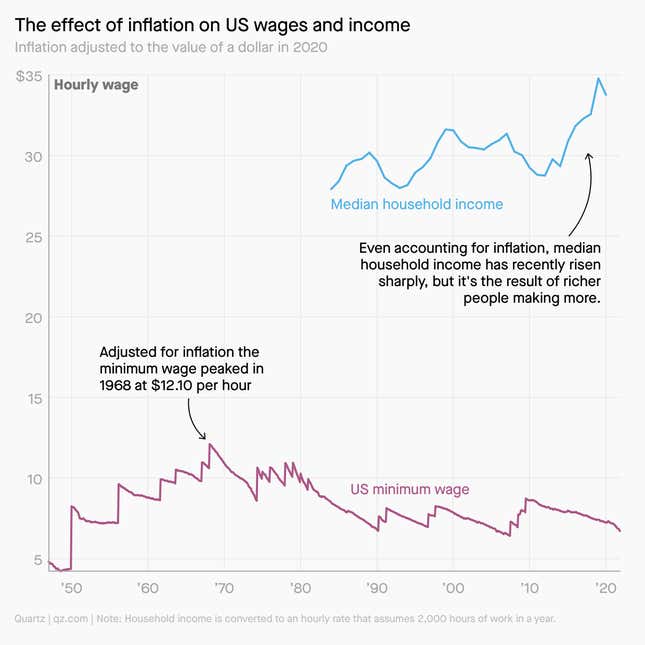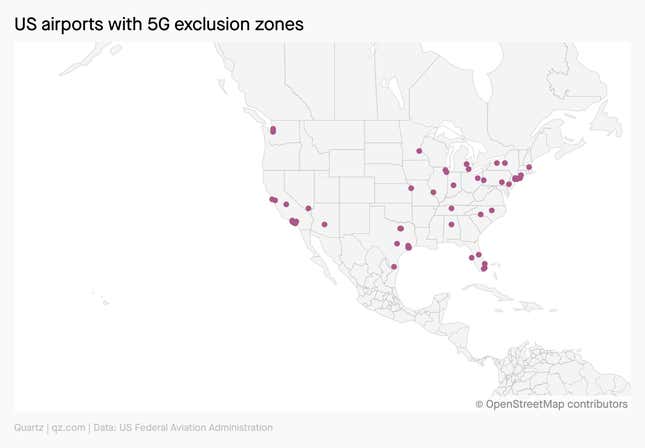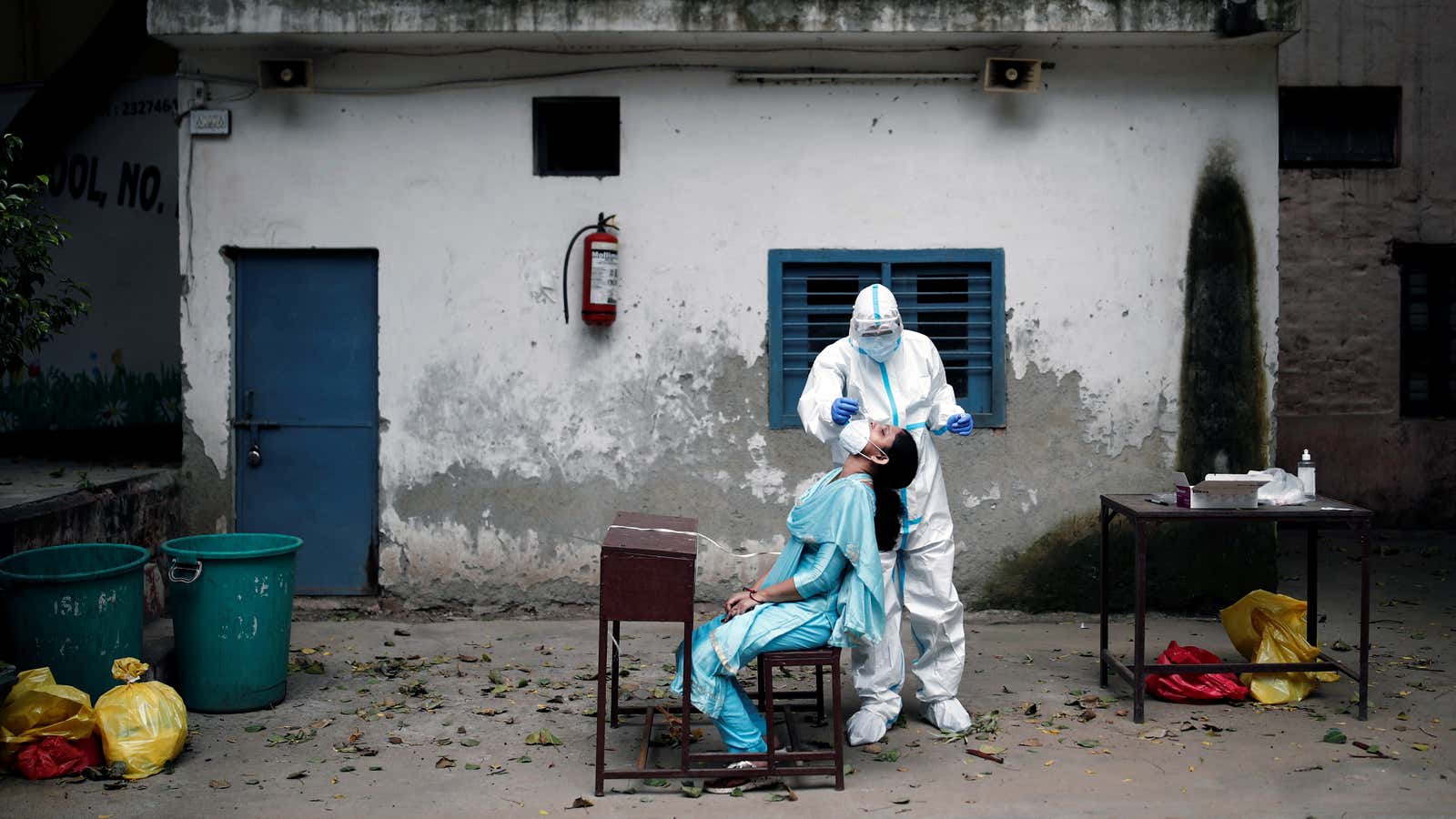Good morning, Quartz readers!
Was this newsletter forwarded to you? Sign up here. Forward to a friend who collects vinyl.
Here’s what you need to know
The World Bank and World Economic Forum warned about growing inequality. The two organizations issued separate reports about the stagnating global economy and the pessimistic outlook for 2022 as a result of the pandemic.
Taiwan will offer even more monetary aid to Lithuania. A $1 billion credit program for business projects is on top of last week’s announcement of a $200 million investment fund.
The WHO said more doses of the same vaccines aren’t enough. An advisory group called for new jabs that better protect against emerging variants and prevent infections. Separately, the WHO predicted more than 50% of Europeans will get covid-19 in the next two months.
Tesla keeps breaking sales records in China. The US automaker sold 70,847 China-made vehicles in December.
A Chinese broadcaster must pay the Premier League $213 million. The soccer league had backed out of a deal with PPLive Sports International in September 2020 after the latter failed to make payments.
The president of the European Parliament died. Italian politician David Sassoli led the legislature through the pandemic, including passage of a €1.8 trillion ($2.1 trillion) recovery fund.
What to watch for
The US reports consumer prices today as the Federal Reserve switches gears on the economy. After concentrating on jobs for most of the pandemic, the bank’s focus is now clearly on inflation, as chair Jerome Powell told Congress during his confirmation hearing on Tuesday. “To get the kind of very strong labor market we want…it’s going to take a long expansion,” he said. “And to get a long expansion we’re going to need price stability.”
Inflation, which is expected to have topped an annual 7% in December, is already eroding wage increases. But it’ll take a lot more than Fed policy changes to improve the long-term picture for the lowest-paid workers.

The era of saving is over
Rising inflation comes as Americans’ savings are dwindling. As of November, workers were already putting away less money than before the pandemic. The latest issue of the Weekend Brief email looked at why this is happening and implications for the economy. Use a seven-day free trial of Quartz membership to read it and all other member-exclusive content.
5G limited around US airports
US airline regulators have been sparring with cell carriers over the looming rollout of a new version of 5G, which operates on so-called “C-band” frequencies. C-band connections promise noticeably faster service for smartphone users, but the aviation industry worries that the new networks will interfere with crucial airplane instruments.
When AT&T and Verizon debut their C-band 5G connections on Jan. 19, they won’t offer service within about a mile of 50 major US airports. If you live or work within an airport buffer zone in these exclusion zones, you may not be covered for at least another six months.

Handpicked Quartz
📈 When will the omicron wave peak?
🚜 Can autonomous tractors solve farming’s labor issues?
🍼 An economist has put a price tag on getting China’s birth rate up: $300 billion
🌳 Carbon offsets are about to become a lot less attractive to companies
🇬🇲 Victims of a 19-story building fire in New York were mostly from the Gambia
🍿 IMAX is weathering the pandemic better than most of Hollywood
Surprising discoveries
Dozens of ostriches ran through the streets of a Chinese city. The giant flightless birds had escaped from a farm.
Norwegian soldiers will be issued used undergarments. The military is asking conscripts to return their underwear, bras, and socks when their service ends due to supply problems.
A badger dug up a trove of Roman coins in Spain. The hungry animal ignored the shiny disks because they were not food.
The first heart transplant from a genetically modified pig was a success. Researchers are hopeful such procedures could someday solve the world’s organ shortage problem.
Two police officers played Pokemon Go instead of responding to a robbery. They were fired, but at least they caught a Snorlax and a Togetic.
Our best wishes for a productive day. Send any news, comments, brand new underwear, and rare Pokemon to hi@qz.com. Get the most out of Quartz by downloading our iOS app and becoming a member. Today’s Daily Brief was brought to you by Ana Campoy, David Yanofsky, Nicolás Rivero, Morgan Haefner, and Liz Webber.
